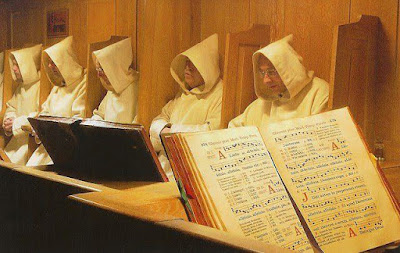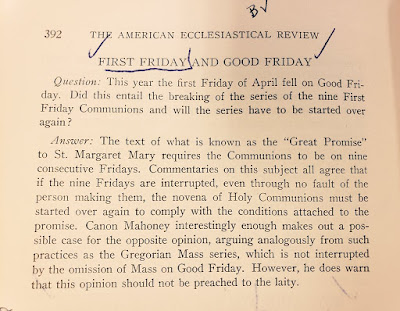The Miracle of Saint Dominic by Biagio Bellotti
Reason & Miracles
As the book “My Catholic Faith” summarizes: “Divine Revelation comes down to us by two means: through Holy Scripture, written down under divine inspiration, and through Tradition, handed down orally from Apostolic times.”
Those are the two means of divine revelation we have to know the Faith, but we have tools to help us further understand the Faith that has been revealed by God. One of those tools is our ability as human beings to reason. Some things can be known by reason alone. For example, it can be known by reason alone that God exists. This is affirmed explicitly at the Council of Trent. As we examine the created world, as we consider the perfection of creation, as we understand that there had to be a First Cause who started all things, we can use our reason to understand that there must be a divine being. Reason does not inform us who that being is. It just helps us understand that something doesn’t come from nothing. That is our reason working. Reasoning should also be informed by strong, scholastic philosophy.
Another tool at our disposal to bring us to know these truths is the immense generosity of God in His miracles. The miracles of God further prove the divine origin of the Catholic Faith. So, by two such tools, namely the use of reason and of external proofs of miracles, we can come to believe what the Church teaches.
The Catholic Church as the Bastion of Miracles
The Catholic Church is the great bastion of miracles. We have numerous miracles testifying to the authenticity of the Catholic Faith:
- The stigmata: Dozens of saints have had the visible marks of Christ on their body.
- Eucharistic miracles: We have dozens of miracles, some of which have been scientifically examined, testifying to the truth that the Eucharistic Host is actually Christ’s flesh and blood.
- Incorruptible Saints: We also have over 150 incorruptible saints whose incorruptibly defies all of science.
- Miracles Worked Through the Saints: The blood of St. Januarius frequently liquefies. Throughout the centuries thousands of reported miracles have occurred at the tombs of the saints. St. Benedict and St. Dominic, among others, by the power of God resurrected people from the dead. Look up the lives of St. Padre Pio, St. Gregory the Wonderworker, St. Charbel, and countless others have performed miracles. To be canonized a saint, a miracle must be performed and found unexplained by science. The Miracles of the Saints are numerous enough to fill volumes of books. Over 400 saints have raised the dead to life.
- The Miracles Performed through the Blessed Virgin Mary: Over 70 people are been healed of incurable diseases in the waters of Lourdes. The Miracle of the Sun at Fatima was witnessed by over 70,000 people. And we have many miracles of the Rosary including the Miracle at Hiroshima. Many other such Rosary miracles have occurred. The Miraculous Medal and the Brown Scapular continue to work miracles up to this day unexplained by science.
The true Church ought to be resplendent with miracles and only the Catholic Church has been shown to be accompanied with repeated first-class miracles.
Satan Knows This. That's Why He Attacks the Catholic Church
God, in His goodness and generosity, showers us with proofs of the accuracy of the Catholic Church’s doctrines. And this too is why Satan is not attacking Lutherans, or Baptists, or Muslims. He is attacking the Catholic priesthood; he is infiltrating our seminaries and leading men ordained to the priesthood of Jesus Christ to betray their office and sexual assault children – an absolutely diabolical and unspeakable blasphemy. And Satan does this because in the Catholic Church is the truth. Why would he waste his time on attacking those souls who are already under his rule?
Let us always be prepared to give an account of our faith (cf. 1 Peter 3:15), and we can do this by understanding the truth of the Catholic Faith as seen through both intellectual arguments as well as through miracles. By these means, let us be missionaries to all we encounter.








































